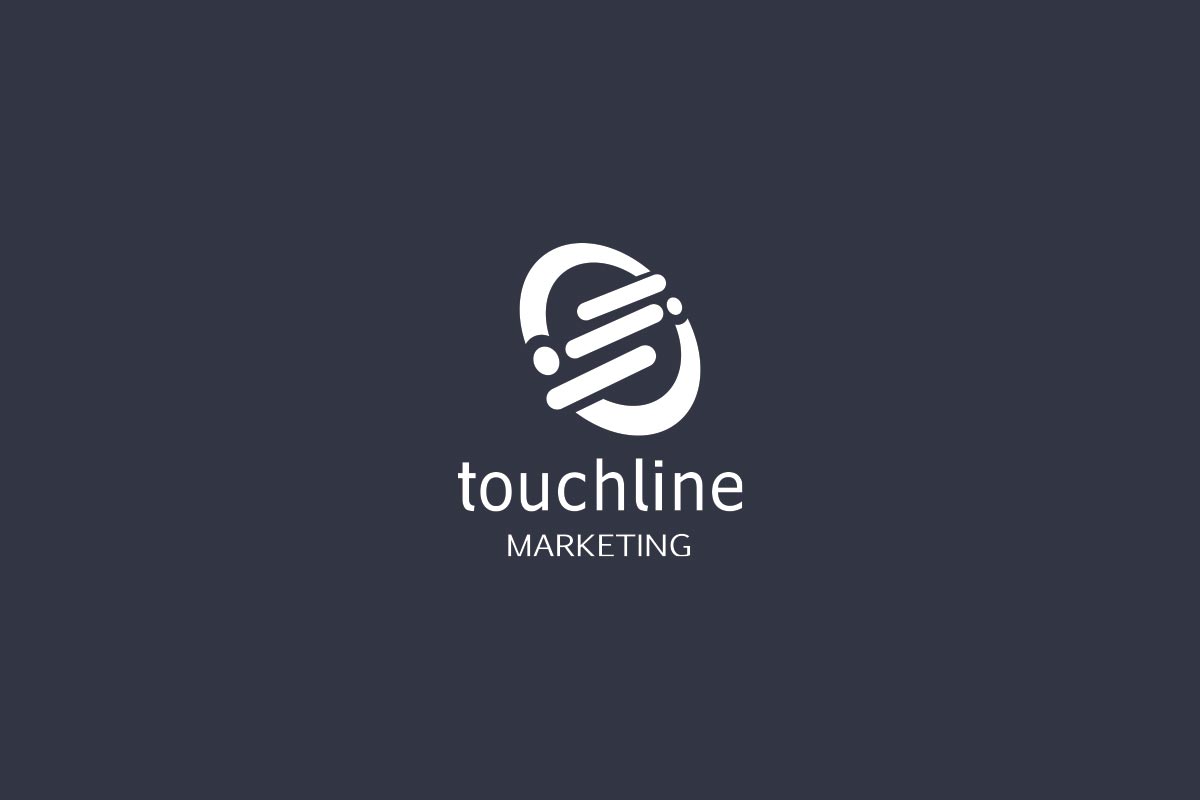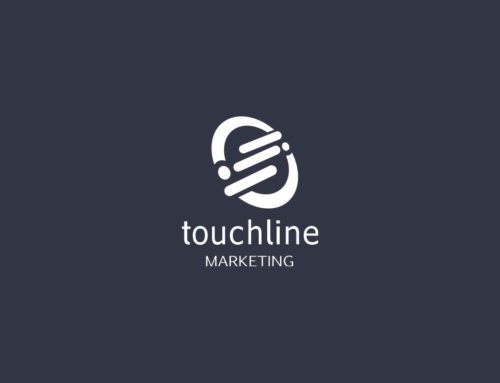Why Use CRM?
I dare you to tell anyone who regularly uses a CRM system that tomorrow they no longer will have access to their system and they have to go back to piecing together written notes, emails, voicemails, documents, and business cards to do their job. They may freak out.
What would you do without your cell phone? You could live without one, but would be as efficient? After a CRM system has properly been integrated into an organization, it’s hard to imagine how we got along without them.
On multiple occasions, I’ve come across a professional services firm that has never used a CRM system and they manage their pipeline through email and desktop spreadsheets. It is so much easier to work within a process modeled around CRM but it is a tremendous challenge to get a firm to make the system, process, and culture change… even if it is for the better.
To develop a proper foundation to fuel a business development engine (see our Touchline Process), we insist that our client base implement a CRM solution.
Here are just a few reasons why you need to be using a CRM system:
1) Transparency. Your pipeline and associated activity should not be worked in a silo. What if one you or one of your salespeople retire, die, go on vacation, or get fired…? How will another associate hit the ground running? CRM systems allow for activity tracking which documents emails, calls, and meetings. It is very professional for a customer to have the perception that everyone at your company is “in-the-loop” and CRM can help accomplish this.
2) Long Sales Cycles. Professional services firms can experience long sales cycles that can run 6 to 18 months. Often these cycles halt completely and surprisingly pick up a year later. CRM systems allow for the organized archiving of these opportunities so they don’t get lost.
3) Forecasting. What revenue pace are we on for this month, quarter, or year? Are there resourcing impacts?
4) Integration. Systems such as SalesForce.com and Oracle CRM OnDemand allow for the integration with email systems…. click a button and you’ve automatically logged an activity record. Use CRM plug-ins to sync your web site conversion forms to CRM. In addition to integrating your corresponding into a CRM system, SalesForce.com has taken CRM to a new level with their AppExchange which allows customers to pick and choose applications that allow for integration into hundreds of different areas. Integration of marketing automation and lead grading are some of the most universally valuable applications.
5) Analytics. Anything that can be measured can be improved. Do you know your Cost Per Lead, Lead-to-Customer Conversion Rate, Campaign ROI?
These are just the first 5 reasons that came to mind. I’m sure many of you could list 5 more.





